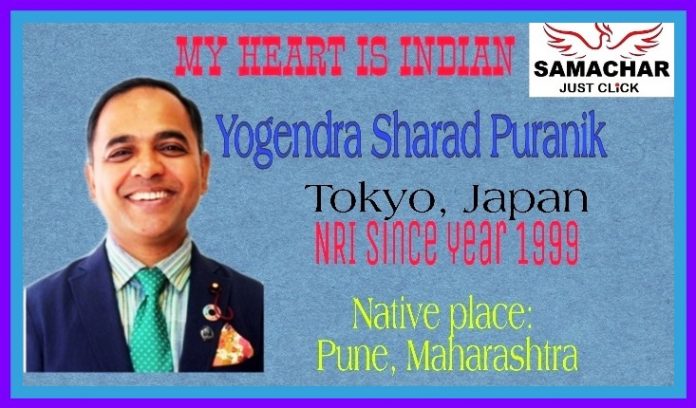Yogendra Sharad Puranik, aka Yogi, a former resident of Pune, Maharashtra, who has adopted Tokyo, Japan, as his home in 1999 interacts with Samacharjustclick. Excerpts:
What was your provocation to leave India before you immigrated to Japan?
I got two government scholarships to study in Japan: The first time was in 1997 and the second time in 1999.
Can you recall your experience of that time.
I was studying physics and mathematics when I was attracted towards infrastructural developments in Japan. Their time management, schedules, communication, and the overall program management were amazing and these things created affiliation towards Japan.
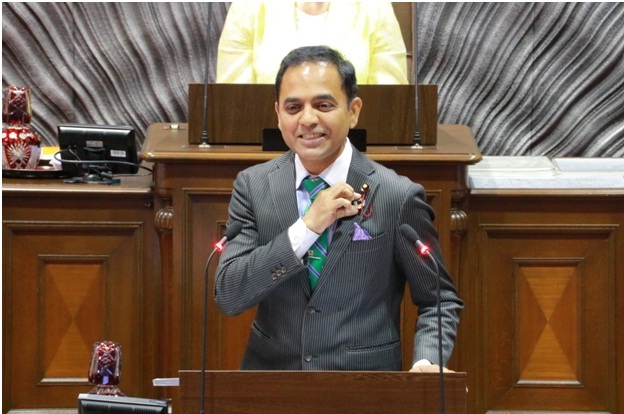
Did you come across problems with regard to language, food, weather, environment, and culture?
I have travelled to Japan, China, Singapore, Malaysia and France for doing research. And I had to live in Japan for the major part of my research project. I started living in Japan as a professional since 2001. I believe that in order to lead a happy life abroad, you need to enjoy three things — local language, food and festivals — to be part of the local community. I first learnt Japanese before coming to Japan. Hence, I overcame that problem. When I started travelling overseas, I was a vegetarian. However, over a period of time, I changed my food priorities. I am a non-vegetarian now and I do not regret. I think, I can again turn a vegetarian in some time. The Japanese winter was hard for me initially. It is hard even now. However, the four major seasons in Japan are lovely. The seasons show us a variety of mother nature’s offerings. The culture in Japan, from ritual perspective is amazing. Its bonfire festival and fireworks are the best here. However, the country’s culture is very different and that could be testing or burdening. Discrimination and harassment are also part of the society here.
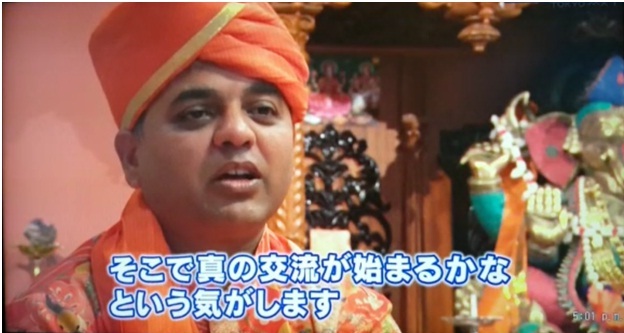
Are you nostalgic about the time you spent in India?
India is a great country from the perspectives of history, culture, food, traditions, music, and monuments. Nothing can separate our souls from India. In fact, we realize India’s greatness only when we are far away from it. It allows us to look at India from a tertiary perspective. We realize that India is one of the most diverse and inclusive countries in the world. India and its inhabitants embrace all kinds of people, races, or religions.
What do you miss about India most?
I miss its amazing food, music, and festivals. If given an opportunity, I would like to travel to various parts of India including north of Ladakh and Kashmir and northeastern states. In 2016, I undertook a 10-day travel covering 3000-km in Rajasthan on a rental car. It was an amazing journey without any prior hotel bookings. Was just like a fun backpack. Owing to the availability of the internet and SMS, friends and family members are not missed now. As genuine Indian food is not available overseas, I have set up a home food restaurant in Tokyo. My mother manages the restaurant and cooks motherly, healthy food. I am proud that we serve genuine home food without any frills (more details at www.rekacorp.com).

How frequently do you visit India?
Recently, I have made myself very busy in Japan. Hence, going to India is not an easy thing now. Especially, after my election to the post of City Councillor in Tokyo, life is on a different route. I hope to contest the national elections in 2022 (Details:https://en.wikipedia.org/wiki/Puranik_Yogendra).
However, my connect with India is no less. I have created an Indian culture centre with a seating capacity for 50 people at my home. At this centre, I host weekly classes for yoga, Indian music and, Indian language. I also host around 40 live concerts every year. I have also hosted Padmashree awardees.
Do you see a difference between India and abroad?
There is a whole lot of difference between India and the rest of the world. India lives at its own pace. From that perspective, I like India in the 1980s. India was greener then and at its natural best. However, India has changed so much after its economy was opened to the world in the 1990s. Not everything is good in India. We are fast losing our trees and human flexibility. People are after material needs like mobile phones, cars, bikes, and so on. Kids are not playing cricket freely in the streets now.

Don’t you have any dream for your mother country?
I believe in education and educational upliftment. Education about being learned and being philosophically oriented. Only then we will be able to bring more happiness to humankind. I would like to work in the countryside for educational upliftment. In fact, I tried to open a school in the countryside near Pune. However, I lost lakhs of rupees due to cheating that shattered my dream. Things aren’t so easy in India. During my 13 years of work in the IT industry and 10 years of work in the banking sector, I have always tried to connect the dots between India and Japan. I believe that India and Japan could be good long-term partners. However, it cannot be achieved with the way things are executed now. We will have to manage things in a much more structured and transparent way.
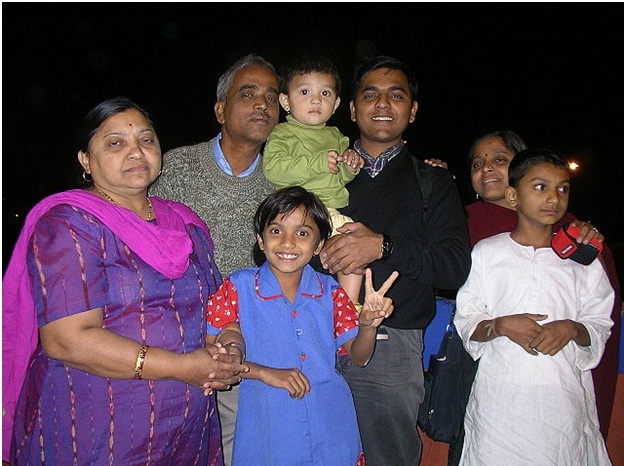
In our country, we have a very proud feeling about an NRI. Do you think like that or experienced such feelings?
Yes, in India people believe that NRIs have horns on their heads (lol). It is expressed in two ways, one, in the form of additional respect and two, in the form of cheating. One thing is sure, most of the NRIs would love to give back something to India.
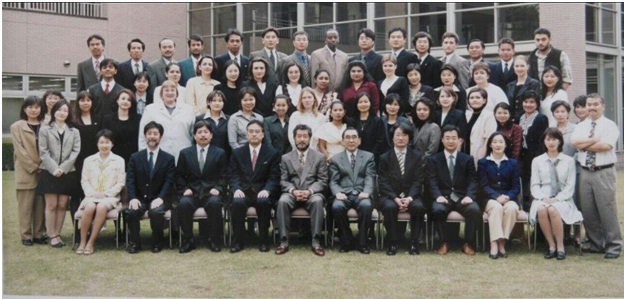
A few words for your country.
Overseas Indians are not united. We stay divided on the basis of Indian states or communities and hence, the social welfare of overseas Indians has not progressed properly. There are many issues when people migrate to overseas. It is necessary that we come together to form a structured framework to support each other in terms of issues pertaining to medical, educational, family, legal, natural, and so on. We have set up the All-Japan Association of Indians (AJAI) in Japan. However, the end goal is too far away now (Details at www.ajai-indians.org). The Indian missions / Embassies abroad have played very little role in bringing the communities together. The Indian government and Indian missions need to learn from counterparts like Japan, the US, and the UK. These countries are focused on their countrymen. This means, India as a nation, must keep its countrymen at the center as it tries to further strengthen its position in the global arena.

